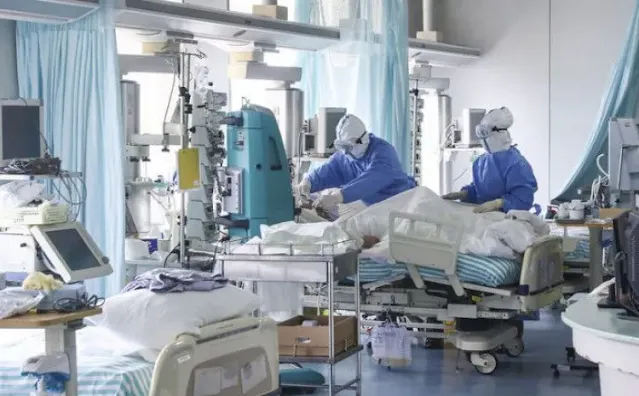According to initial reports from various European health agencies, the unidentified pathogen has been linked to a growing number of hospitalizations. Patients are presenting with a range of symptoms that rapidly progress to serious complications, most notably affecting the liver, kidneys, and heart.
The European Centre for Disease Prevention and Control (ECDC) has issued an urgent notification to all member states, advising them to enhance surveillance and report any suspected cases immediately. Health ministries are mobilizing resources to understand the virus's transmission methods, incubation period, and full clinical spectrum.
"We are facing a serious and developing public health situation," stated a senior official from the World Health Organization's Regional Office for Europe. "The primary characteristic of this virus appears to be its severe impact on internal organs, which is a cause for major concern. International collaboration is crucial to identify the source and contain its spread."
Laboratories across the region are working around the clock to sequence the virus and develop a diagnostic test. In the absence of a specific treatment or vaccine, health authorities are urging the public to exercise caution and adhere to enhanced hygiene practices, such as frequent handwashing and avoiding contact with individuals showing symptoms.
While the number of confirmed cases is still being collated, the rapid onset of severe illness has prompted health systems to prepare for a potential surge in patients requiring intensive care. The situation remains volatile as scientists and public health experts race to contain the outbreak and mitigate its impact on the population.

